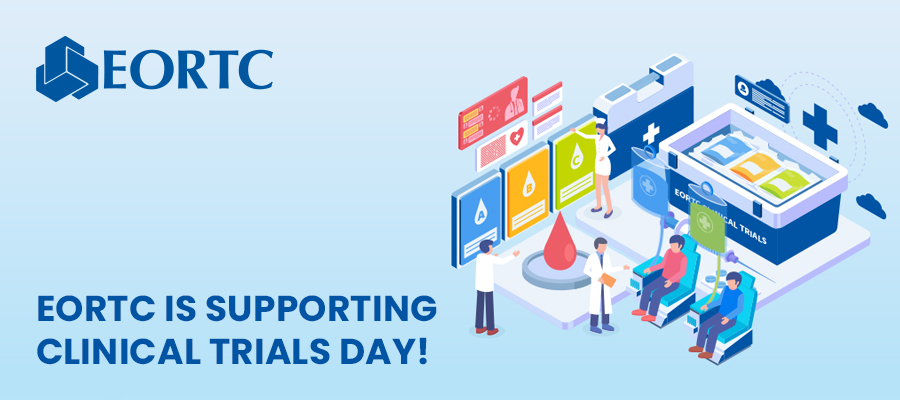Evolutions in Oncology Clinical Trials
20 May 2020
 By Jan Bogaerts, PhD, Scientific Director, EORTC HQ, Brussels, Belgium
By Jan Bogaerts, PhD, Scientific Director, EORTC HQ, Brussels, Belgium
Cancer research is constantly evolving. New research of genomic cancer features (now also including the tumor microenvironment and even gut microbiota), availability of drugs with new targeting mechanisms, and the evolution of new data technologies all contribute. As we consider the future of cancer research, we will briefly discuss two trends and comment on them: the increasing use of real world data (RWD) and the splintering of cancer types into smaller parts.
Real World Data
Real World Data is a bit of a misnomer. The term could be (mis)understood as a message that clinical trial data is somehow not ‘real’. However, it does point to the essential feature RWD should hold itself to: RWD aims to provide the broadest look at data from today’s clinical practice. Ideally, RWD sources are hospital records, prescription records, and (population) registries. Therefore datasets constructed by pooling a number of clinical trials and selecting cases with certain features are the opposite of what RWD should be.
Looking at it from a clinical trial perspective, RWD holds a huge promise to provide essential background to clinical trial results:
- External validity of the results: how do the trial arm results compare to population-wide outcomes?
- Evaluation of the eligibility criteria (how many patients would have been truly eligible to enter this trial?
- Understanding of the scope and potential impact of the trial results.
To live up to its potential, the RWD field needs:
- Standardization of non-research electronic records.
- Inclusion of routine genomic testing results and harmonization of those tests.
- Development of endpoint definitions that can reliably be calculated from the available data, and are useful in annotating clinical trial findings.
Such efforts are wide and challenging, but results are being made. See for example this article from The Cancer Letter about Real-world evidence.
Related News
EORTC: Advancing research and treatment for rare cancers
29 Feb 2024
EORTC Fellowship Programme: celebrating more than 20 years of impactful collaboration
22 Feb 2024
Appointment of Malte Peters as EORTC Strategic Alliance Officer
9 Feb 2024
Unique series of workshops in partnership with the European Medicines Agency (EMA)
7 Feb 2024
EORTC launches a prominent clinical trial in older patients with locally advanced (LA) HNSCC (Head and Neck Squamous Cell Carcinoma)
14 Dec 2023
Seven IMMUcan abstracts selected for ESMO Immuno-Oncology Congress 2023
6 Dec 2023
EORTC Quality of Life measures integrated in CDISC
20 Nov 2023
EORTC and Immunocore are collaborating to launch the ATOM clinical trial of tebentafusp in Adjuvant Uveal Melanoma
7 Nov 2023
Treatment with decitabine resulted in a similar survival and fewer adverse events compared with conventional chemotherapy in older fit patients with acute myeloid leukaemia
31 Oct 2023
New results and forthcoming EORTC trials in rare cancers, lung, head and neck, and breast carcinomas presented at ESMO 2023
20 Oct 2023


